When things go wrong, or political crises occur in a country, politicians often take to assign blames to others for political gains.
However, the question is how do members of the public react when politicians apportion blame. An individual needs to have a sense, meaning — who is to be blamed, or who is doing the blaming, and who is being blamed.
Politicians in Nepal and elsewhere engage in blame games to make their rivals look bad. While doing so, they forget to find workable solutions to the problems.
For instance, the “blame game” politics has taken a magnanimous form when it comes to Nepal Communist Party top notches of late.
Isn’t it unfortunate to see leaders at the highest echelons like KP Oli, Pushpa Kamal Dahal “Prachanda” and Madhav Kumar Nepal unstintingly attacking one another?
In an indignant, yet sarcastic tone, PM Oli said, “Civilized people don’t make statements.” Here he was trying to label his rivals as “uncivilized”.
It seems that they have forgotten their self-esteem as they have stooped too low in criticizing one another labeling them with words and jargons such as undemocratic, tyrant, crooked, fraudulent, cunning, etc., etc.
Such accusations, criticism and disparagement will sure to initiate a chain reaction resulting in unfortunate circumstances, and can even influence citizens’ beliefs and attitudes about which faction or which leader is responsible for whatever failure.
Furthermore, such allegations on one another will have crucial implications for the government’s capacity to address any crises in the future.
Now, the question is: How do people measure the blamers’ credibility? Should people trust them or their statements and allegations? Are the blamers fair, unbiased and persuasive?
The answer could be simultaneously discomfiting as well as encouraging. The statements made by a high-level politician can be discomfiting for some while for some “yes-men”, they can be acquiescent. Some might even be reluctant to evaluate those blame statements while some might raise a question mark on the credibility of the statements/allegations.
Readers might ponder over the relevance of all these. Yes, this contextual has something to do with the blame game that has heated up in Nepali politics of late as the country’s political uncertainty has reached a tipping point after the dissolution of the House of Representatives by Prime Minister KP Oli.
In fact, Nepal is in turmoil after the third week of December with two “rivals” hell-bent on assassinating the character of one another.
Take PM Oli’s recent statement for instance: “They (Prachanda-Nepal faction) are shouting in the streets claiming their majority in the parliament. Who are they to judge? If you have the guts, face the elections.”
Meanwhile, did Prachanda lag behind in criticizing PM Oli? No. He branded PM Oli as “undemocratic, autocratic and despotic” for imposing what he said “hegemony” in the party.
Read PM Oli’s derisive statements against Prachanda: “In all these three years, I used up several bars of soap, bottles of shampoo, and tanks of water to cleanse Prachanda, but failed!”
PM Oli also compared the Prachanda-Nepal faction with ants on nuptial flights, which die in a day or two after coming out of their holes. “They are like ants with wings, which will die within a few hours.”
He also went so far as to say: “Last year, when went to Bangkok for treatment, they said I will return inside a wooden box. Crazy, isn’t it? But you know what, I returned on a plane seat.”
In an indignant, yet sarcastic tone, PM Oli said, “Civilized people don’t make statements.” Here he was trying to label his rivals as “uncivilized”.
PM Oli’s allegations do not end here. He even went on to allege Prachanda-Nepal faction for trying to seize the party’s property, and money from the bank account, and HoR Speaker Agni Sapkota of forgery by registering a no-confidence motion against him.
If these allegations are to be weighed up, it’s for sure that Nepal’s political uncertainty, particularly the NCP, has come to naught and is likely to elongate.
If PM Oli’s allegations are to be considered, Prachanda and Madhav Kumar Nepal wrangled for petty interests and tried to foil the government’s efforts for development.
Whether or not KP Oli’s statements are to be believed, he, however, tried to justify his move of dissolving the House since the Prachanda faction “conspired” and tried to “corner” him.
Meanwhile, did Prachanda lag behind in criticizing PM Oli? No. He branded PM Oli as “undemocratic, autocratic and despotic” for imposing what he said “hegemony” in the party.
“Did he ever bother to consult us before blatantly dissolving the HoR?” Prachanda asked. Prachanda, who is accustomed to grabbing people’s attention, artfully forecasted PM Oli’s tenure as “limited” and that they would pull down soon. In fact, he took time to compare PM Oli with a “tyrant”.
If these allegations are to be weighed up, it’s for sure that Nepal’s political uncertainty, particularly the NCP, has come to naught and is likely to elongate.
In fact, the vertical split in the NCP was inevitable as the unity between the two communist parties was based on an artificial alliance of two variants of ideology.
To conclude, unfortunately, the Chinese high-level delegation’s effort to glue the fracture did not materialize this time.


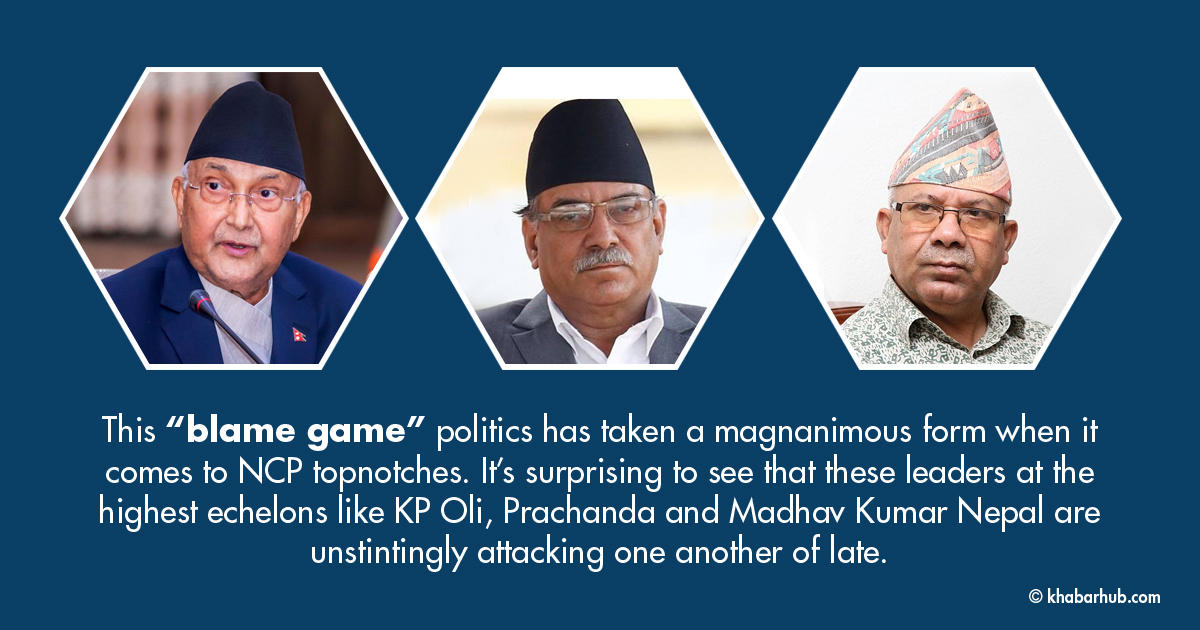
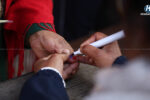
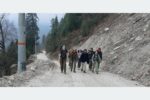
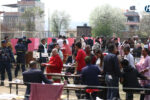

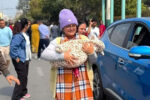

Comment